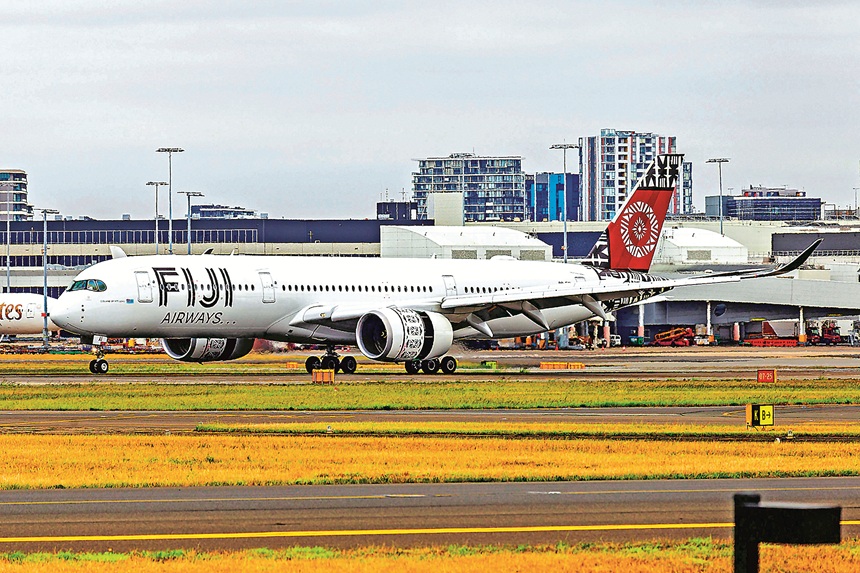The appointment of another external candidate to lead a flagship national institution; Fiji Airways, has ignited a familiar and painful debate.
While the official narrative portrays a global search yielding a leader of impeccable corporate pedigree, the public reaction tells a different story, one of profound disillusionment.
This decision is not an isolated incident, but a symptom of a persistent national ailment: a colonial mindset that venerates external “saviours” while systemically sidelining local talent, creating a gilded cage where the symbols of national pride are managed by foreign hands.
This was not always the case. History provides a powerful counter-narrative. There was an era when the airline’s executive committee was predominantly composed of dynamic local talent, a team praised by its own diverse board as “one of the best senior management team in a commercial environment in Fiji”. This period was characterised not by isolationism, but by effective mentorship. A single, carefully chosen expatriate could play a crucial role in “mentoring a local to take over his shoes”, fostering a culture of organic growth and succession planning. This model produced a generation of leaders who steered the airline with excellence, proving that local capability, when nurtured and trusted, is more than sufficient.
Today, the contrast is stark. The corporate landscape has become “top heavy with expatriates,” a shift that signifies a profound regression in national confidence. The official announcements continue to be a masterclass in corporate sanitisation, presenting new appointments as a linear ascent and framing past challenges as tests of strategic prowess. This is the language of globalised business, designed to reassure international partners. However, this narrative often glosses over short tenures and controversial corporate histories while completely ignoring the deep bench of local talent that still forms the backbone of the organisation – the “bright locals” who are “technically switched on” in critical departments and who “constantly work hard” to keep the airline aloft.
This preference for the external executive has created a vicious cycle. The proven success of the past is overlooked in favour of the perceived superiority of the international candidate. Local talent, even when exceptionally qualified, is often viewed as parochial. When consistently passed over for the top roles, these individuals may leave or see their development stunted, which then reinforces the very perception of a “local talent gap” that boards use to justify their next expatriate appointment, a self-fulfilling prophecy of disempowerment.
This dynamic is exacerbated by a culture where senior decision-making becomes deeply personal and politically entangled. Appointments are seldom based purely on meritocratic grounds. The practice of retaining outgoing foreign CEOs on the board while appointing another external successor suggests a board that is more comfortable with a known, external quantity than with the prospect of empowering a local leader. This is not just poor governance; it is a form of internalised colonialism, where a local elite has forgotten the lessons of its own history, replicating exclusionary power structures that a previous generation had successfully moved beyond.
The consequences are profound. It represents a catastrophic failure of national memory and self-belief. How can a nation be independent if it ignores its own proven record of successful self-management? The tangible costs are also clear: strategic inconsistency, a lack of long-term, culturally-grounded vision, and a debt legacy that necessitates “swallowing the bullet and consolidating”.
The repeated turn to external leadership is a microcosm of an unfinished journey toward decolonisation. The urgent need is not about replacing one race with another, but about dismantling a psychology of dependency and rediscovering the confidence of the past. It is about looking back to a time when local leadership was not just a possibility, but a celebrated reality, and having the courage to believe that the heirs to that legacy are more than capable of steering the nation’s future. Until our government and the boards of our most vital institutions overhaul their thinking, the nation will remain in a gilded cage: celebrating independence in rhetoric while remaining psychologically shackled to a colonial past. True decolonisation begins not with a change of flags, but with the courageous decision to hand the keys back to its proven and rightful heirs.



